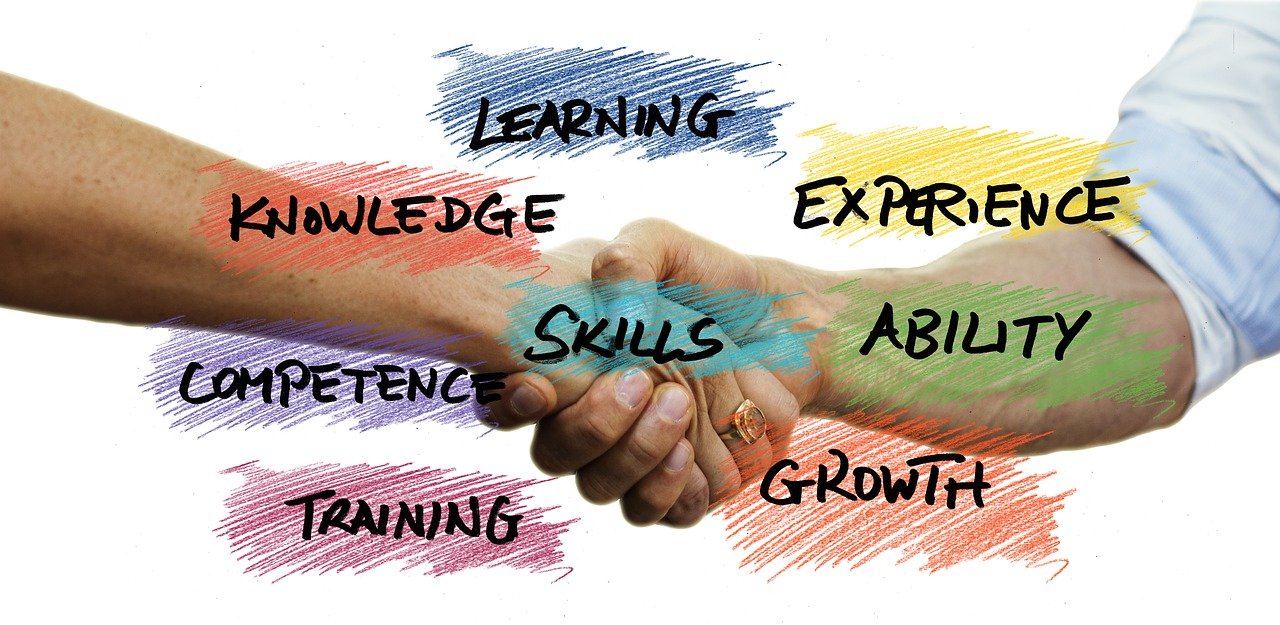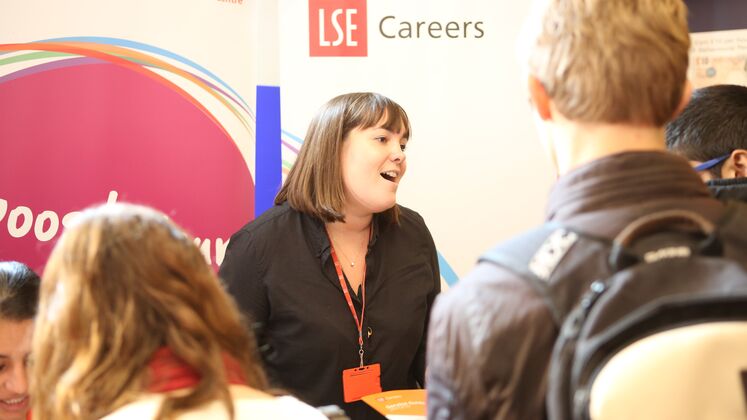Like many other LSE students, I actively anticipated International Organisations Week (IOW) held in the sixth week of Michaelmas Term. During this week, I got the opportunity to attend in-person and online panels, presentations, and networking opportunities from a range of organisations including, but not limited to, UNHCR, the World Bank, the African Development Bank, IOM, and WHO. As a bright-eyed optimist who has always aspired to work for an international organisation, this experience was incredibly invaluable to me to not only learn the different entry-level opportunities available, but also the range of ways to enter an institution as large and intimidating as the United Nations.
Though my interest was specifically in legal and policy roles, other prominent areas of work that were brought up included, project management, disaster response and logistics, finance and outreach partnerships, human resources, and communications. Regardless, in this blog post I wanted to share some key insights that I that would be applicable to any role in any organisation.
1. Volunteer!
Volunteer anywhere and everywhere. This is a recommendation for a variety of reasons. Firstly, the work that most international organisations do is purpose-driven and rooted in altruism and social-impact. A lot of these agencies help people living in extreme vulnerability and in areas of hardship. Recruiters want to see that you are a compassionate individual who is willing to go the distance (sometimes literally) to help others and are not afraid of developmental challenges in hardship locations. There are many ways to make sure your volunteering is actually ethical and doesn’t fall into the trap of ‘volunteerism’ (explained well in this LSE blog post here), most prominently thoroughly researching organisations you are considering travelling or volunteering with. Volunteering does not always have to be overseas, but as many UN agencies work in far-flung hardship locations, having any experience abroad is good evidence of cultural-sensitivity and the ability to work with colleagues from a variety of backgrounds.
Secondly, and this is extremely specific to the organisation/role, some organisations do require 1-2 years experience of paid or volunteering ‘field-work’. This would mean working outside of HQ offices in countries where organisations are actually implementing their development or humanitarian projects. As explained in the UN careers website, “Service in the cause of peace is a calling that demands … dedication and sacrifice but it also offers real opportunities to help people and countries recover from conflict, rebuild their societies, and enjoy the benefits of peace.”
2. Languages
This is tied in a bit to the previous point, as I truly believe languages are a gateway to the rest of the world. English and French are the official working languages of the United Nations, but abilities in the other official languages (Spanish, Arabic, Russian, and Mandarin) are also highly prized. Having a solid understanding of another language also means you can apply to more posts abroad that require a foreign language. With a huge oversupply of applications to IO, fluency in two or more languages can also make you stand apart from the crowd. Good thing LSE has a language centre offering courses for students from all departments.
3. Craft your CV by building a niche
One thing I understood from many presentations is that organisations prefer to recruit specialists. This does not mean you have to be an expert in any means, but it helps your applications if you craft a ‘narrative’ about yourself, what led you to international development/humanitarian work, your passions, your skills, and how you have had the chance to utilise these skills. Are you interested in children’s rights, reconstructing infrastructure, legal protection, or providing access to clean water and sanitation? Of course no one expects a student to be experts in these areas, but it is definitely worthwhile to begin thinking about your specific niche and how you can engage with it through academic research, student societies, internships, or volunteering.





